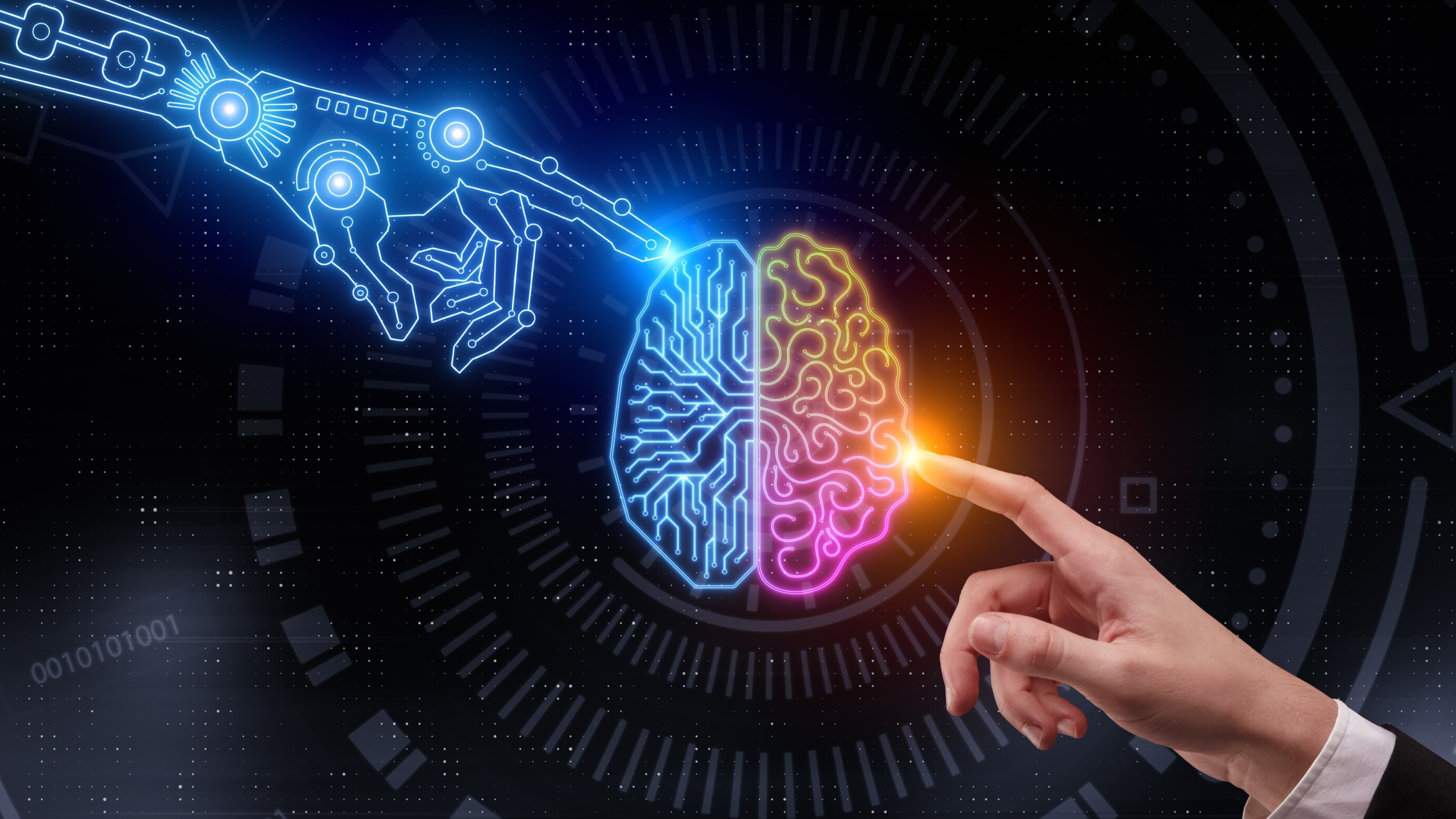Harnessing the Power of Artificial Intelligence in Today’s World

Artificial Intelligence (AI) has rapidly evolved from a futuristic concept into a transformative force reshaping industries and daily life. The proliferation of AI technologies is driving innovation, enhancing efficiency, and creating new opportunities across various sectors. This article delves into the current landscape of AI, exploring its applications, benefits, challenges, and the exciting possibilities it holds for the future.
Understanding Artificial Intelligence
Artificial Intelligence refers to the simulation of human intelligence in machines that are programmed to think, learn, and adapt. These intelligent systems can perform tasks that typically require human cognition, such as visual perception, speech recognition, decision-making, and language translation. AI is powered by advanced algorithms, big data, and computing power, enabling machines to process vast amounts of information and generate insights.
Applications of AI in Various Industries
- Healthcare: AI is revolutionising healthcare by improving diagnostics, personalised treatment plans, and patient care. Machine learning algorithms can analyse medical images to detect diseases like cancer at early stages, while predictive analytics help in managing patient outcomes and optimising hospital operations.
- Finance: In the financial sector, AI is used for fraud detection, algorithmic trading, and customer service. AI-driven chatbots provide instant support to customers, while risk management systems analyse market trends to make informed investment decisions.
- Retail: AI enhances the retail experience through personalised recommendations, inventory management, and customer service. E-commerce platforms use AI to analyse browsing behaviour and suggest products, while automated warehouses use robotics and AI to streamline logistics.
- Manufacturing: AI optimises manufacturing processes by predicting maintenance needs, improving supply chain management, and enhancing quality control. Predictive maintenance algorithms reduce downtime by anticipating equipment failures, while AI-powered robots handle repetitive tasks with precision.
- Transportation: Autonomous vehicles, powered by AI, are set to revolutionise transportation. AI systems enable self-driving cars to navigate complex environments, reducing accidents and improving traffic flow. Additionally, AI optimises route planning and fleet management for logistics companies.
Benefits of AI
- Increased Efficiency: AI automates routine tasks, allowing humans to focus on more complex and creative activities. This results in higher productivity and efficiency across various industries.
- Improved Decision-Making: AI analyses large datasets to provide actionable insights, helping organisations make informed decisions. Predictive analytics and machine learning models identify patterns and trends that humans might overlook.
- Enhanced Customer Experience: AI-driven personalisation tailors products, services, and experiences to individual preferences. This leads to higher customer satisfaction and loyalty.
- Cost Savings: Automation and predictive maintenance reduce operational costs by minimising downtime and optimising resource allocation. AI also streamlines processes, reducing waste and inefficiencies.
Challenges of AI
- Ethical Concerns: The use of AI raises ethical questions around privacy, bias, and accountability. Ensuring that AI systems are transparent, fair, and respect user privacy is crucial to gaining public trust.
- Job Displacement: The automation of tasks by AI may lead to job displacement in certain industries. While AI creates new job opportunities, there is a need for reskilling and upskilling the workforce to adapt to changing job requirements.
- Data Security: AI systems rely on vast amounts of data, making them vulnerable to cyberattacks. Ensuring robust data security measures and protecting sensitive information is paramount.
- Regulatory Compliance: The rapid advancement of AI poses challenges for regulatory frameworks. Establishing standards and guidelines for the ethical use of AI is essential to prevent misuse and ensure accountability.
The Future of AI
The future of AI is filled with exciting possibilities. Advancements in natural language processing, computer vision, and reinforcement learning will continue to push the boundaries of what AI can achieve. The integration of AI with other emerging technologies like the Internet of Things (IoT) and blockchain will unlock new capabilities and applications.
As AI becomes more integrated into society, fostering collaboration between industry, academia, and government will be key to addressing challenges and ensuring that AI benefits all. Ethical considerations, such as fairness, transparency, and inclusivity, will play a vital role in shaping the future landscape of AI.
Conclusion
Artificial Intelligence is a powerful tool that is transforming industries and enhancing our daily lives. By understanding its applications, benefits, and challenges, we can harness the potential of AI to drive innovation and create a better future. The journey of AI is just beginning, and its impact will continue to grow as we navigate this exciting technological frontier.
Ready to leverage the power of AI for your business? Contact us at iCLICK Online Technology Limited to discover how AI can revolutionise your operations and drive success!
